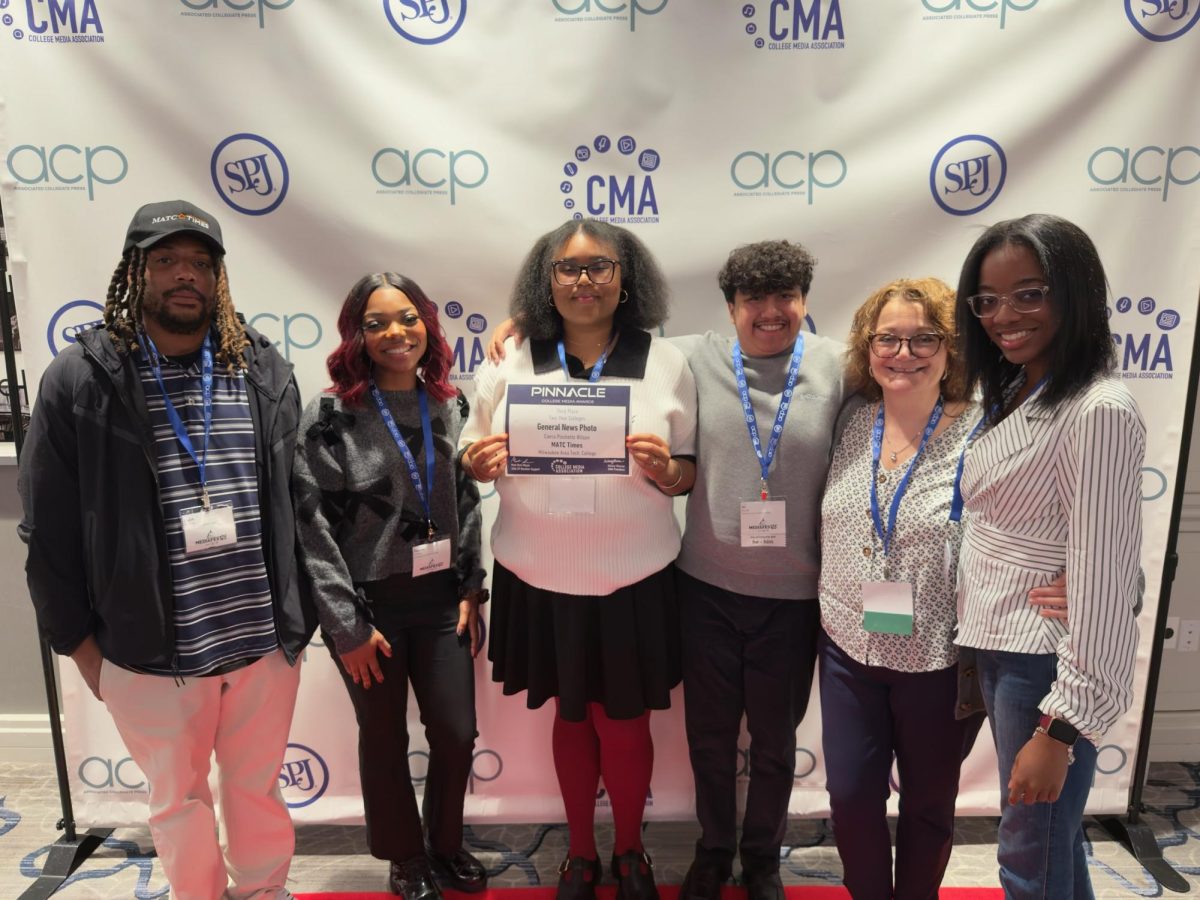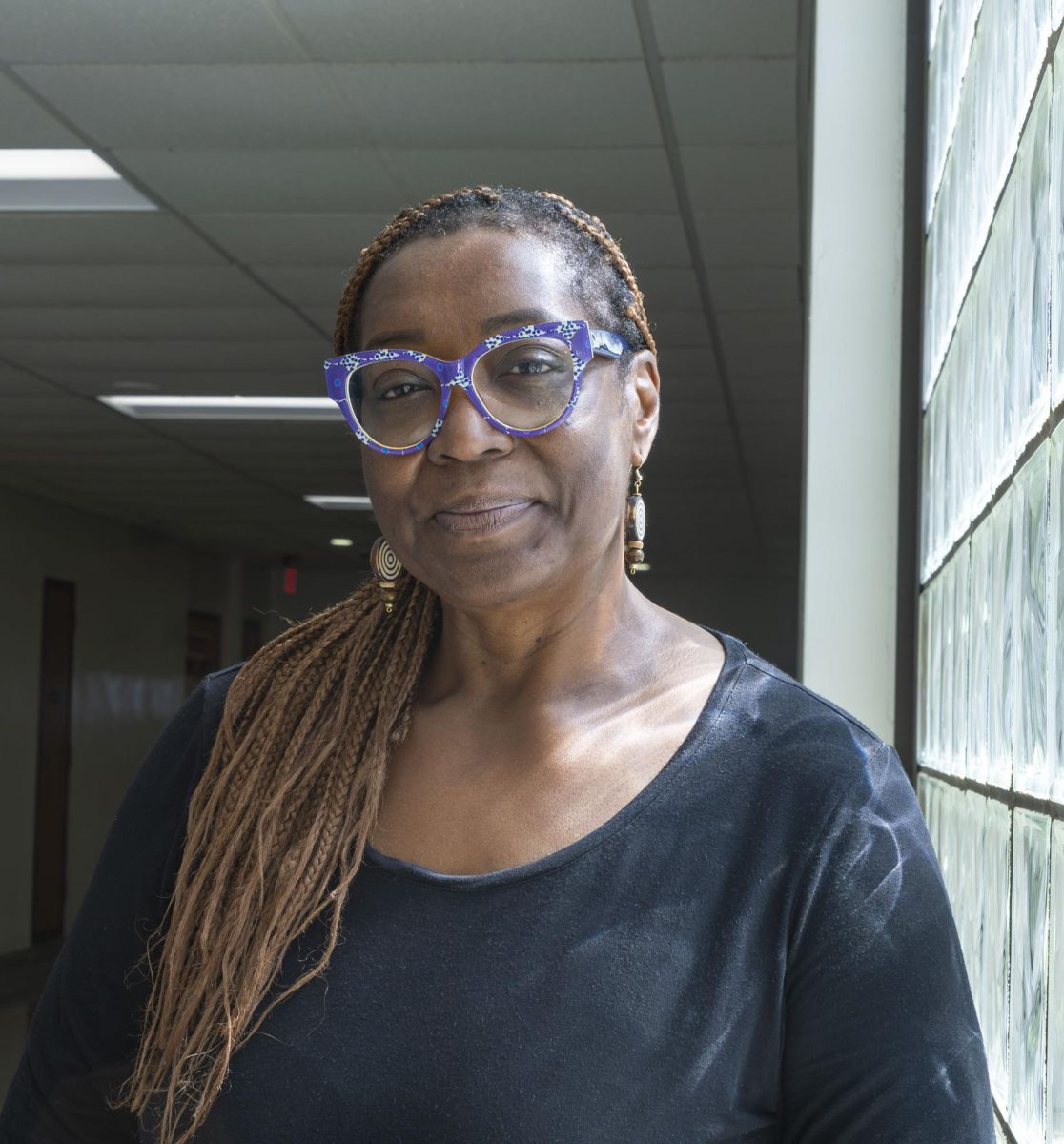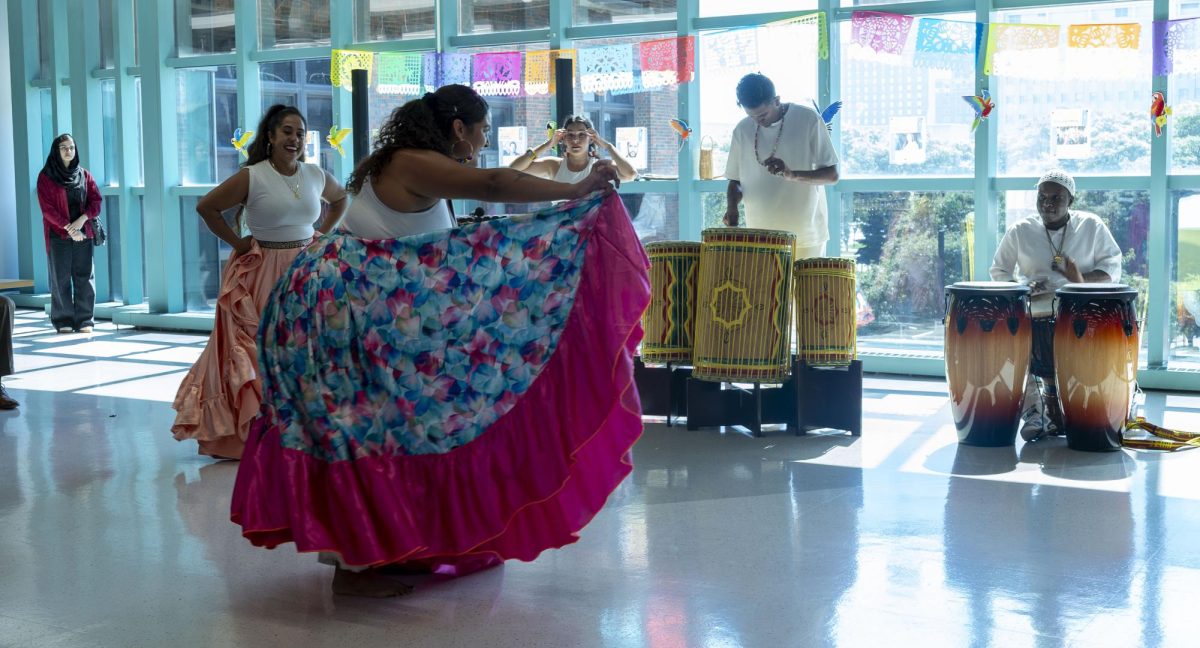Students with a criminal record are barred from using MATC’s vital housing resources, including Westown Green, and perhaps more importantly, the Transitional Housing Program. While it may be tempting to see anyone who has committed a crime and assume that their presence in a housing facility presents immediate concerns, students with criminal backgrounds should be given an opportunity to show that their previous mistakes were just that, mistakes.
Across the country, the number of people with some sort of “criminal history” is rising. There are currently over 1.2 million people incarcerated in the country with 1 in 69 people in the U.S. on parole, according to Pew Research. This number is the consequence of the increased reach of criminal sanctions over the last four decades. We live in an overly criminalized society in which an increasing number of behaviors can be responded to with punitive measures, and it should not be misunderstood; this is a civil rights issue. Racial disparities have been documented in the processing of every type of crime. Latino and Black citizens receive higher sentences for equal crimes, are more likely to be accused falsely of a crime, and more often live in neighborhoods in which there is a greater policing presence. Further, Black and Hispanic people are more likely to have their criminal records used against them as a barrier for employment, housing and higher education.
We know that racism roots itself structurally in all aspects of life, and MATC needs to join the growing voices of people rejecting the blanket discrimination against people with criminal history. In 2017, the American Bar Association passed a resolution urging the passage of laws to “Prohibit colleges, universities, financial aid offices, and other educational institutions…from considering juvenile adjudications or criminal convictions unless engaging in the conduct underlying the adjudication.” Meaning that the presence of criminal history on an application should never represent an automatic dismissal of the candidate.
Utilizing criminal records as an immediate cause for denial disregards the stated purpose of the criminal justice process. In keeping with the tradition of technical and community colleges, MATC is uniquely qualified to offer students, regardless of criminal history, new opportunities to improve their lives. I am proud of MATC for removing the barriers to students with criminal history in admissions, but there is a long way to go as far as how MATC supports those students on their path to graduation.
The college takes a hands-off approach to who is let into its housing facility – that is under the discretion of Founders 3 – however, having allowed these harmful policies to stand, MATC has implicitly signed off on this practice. The college should commit to performing a multi-factor assessment in line with that put forward by the organization Community Alternatives to determine whether a past criminal offense justifies exclusion from support services. It is not enough to conclude that a criminal record reflects a “poor moral character.” This analysis should consider the student’s age at the time of offense and how much time has passed since, and we should conclude whether or not this crime reflects their status as a successful student. Do we have reason to suspect that they will reoffend? If students’ cases are refused further investigation, it will undermine the college’s stated goals towards racial inclusion and educational opportunity for those students who are marginalized.
If this hurdle is truly insurmountable, then the college needs to invest in alternative methods for providing assistance to these vulnerable student populations, and specifically should invest in an MATC-owned housing facility.






























































